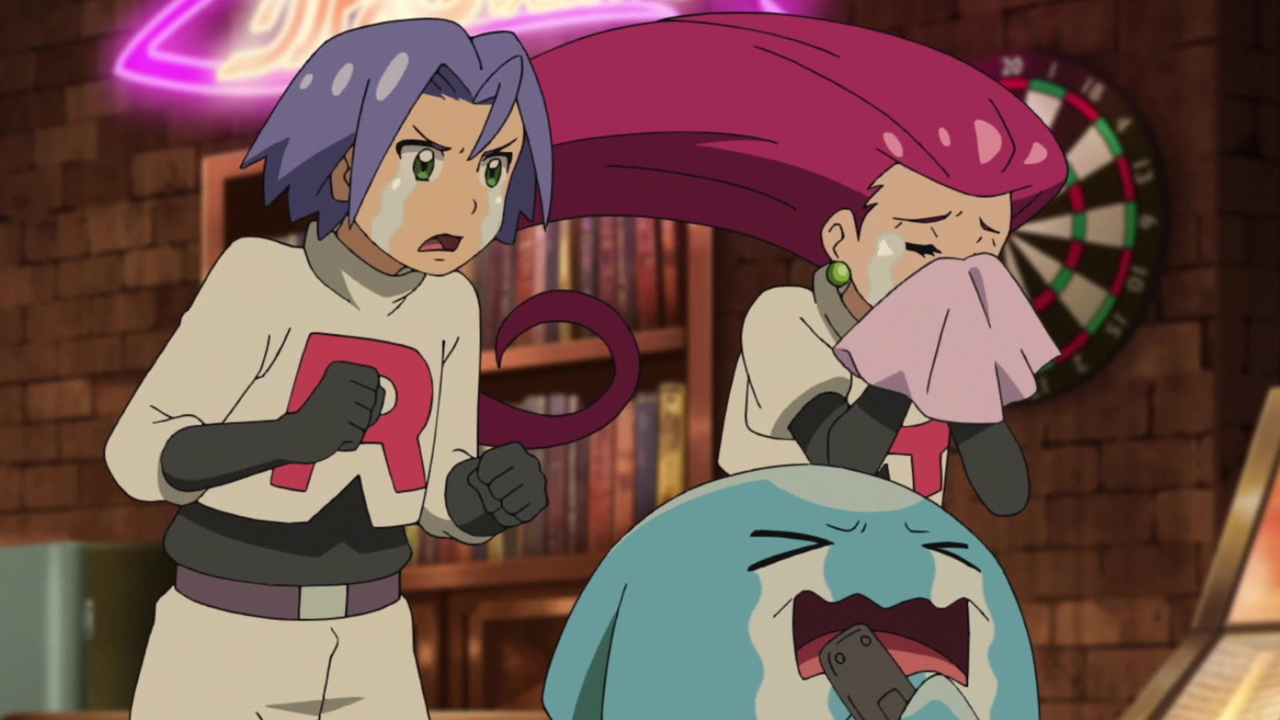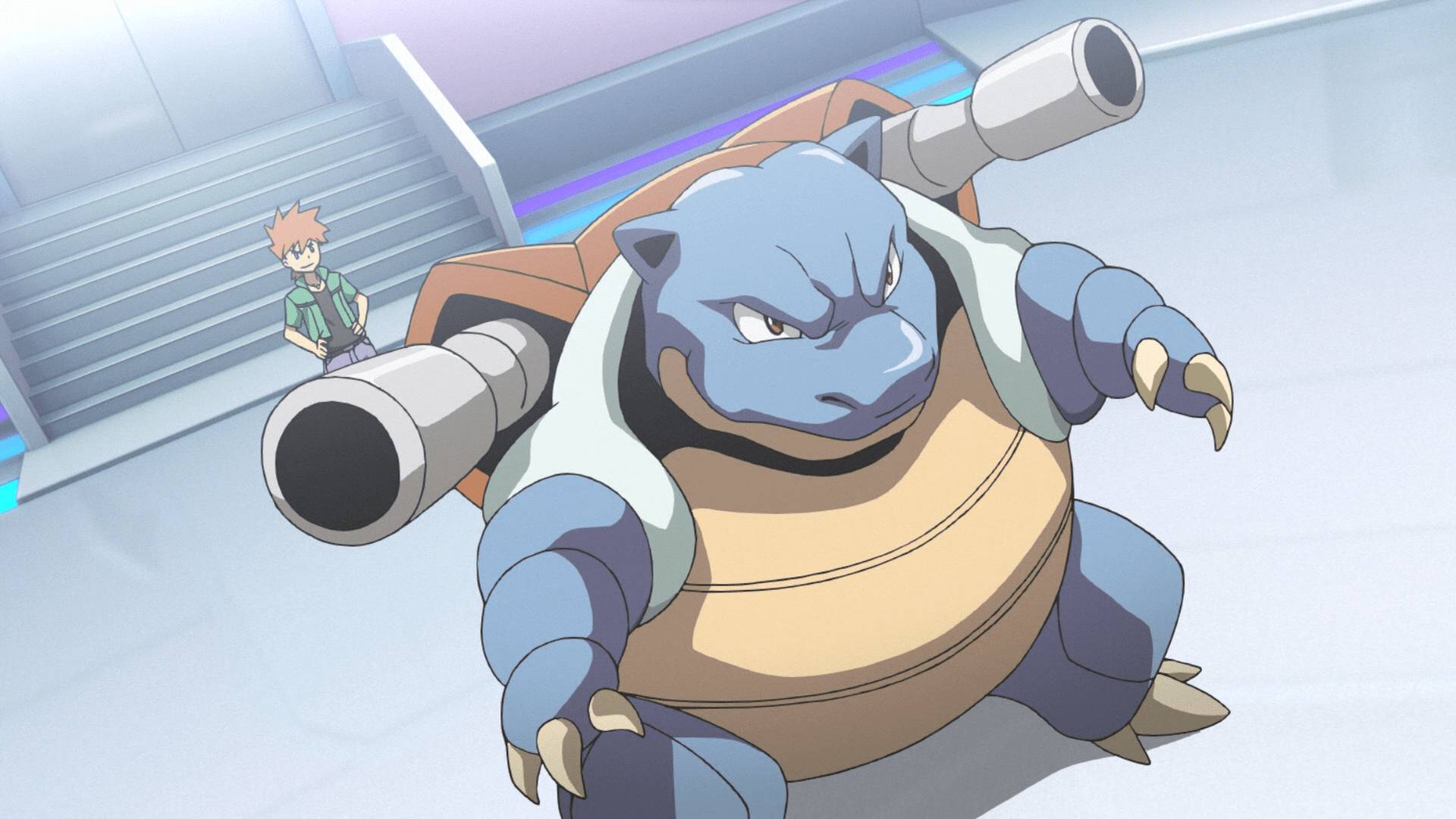
Nintendo is an infamously litigious company, one that aggressively defends its intellectual property. But, has its latest patent gone too far? It covers a player's ability to summon a character to fight for them, and some lawyers have weighed in on the situation.
The specific language of the patent is tricky to parse, but essentially, if a game has a character that can move around and summon a "sub character" to fight against other characters, that game could be infringing on Nintendo's IP. If you think that sounds far too broad, you're not alone.
"I have no earthly idea how the [patent] Examiner could, in good faith, allow this application so quickly," video game patent lawyer Kirk Sigmon says to our friends over at PC Gamer. "This allowance should not have happened, full stop."
After the first application for the patent was deemed too similar to ones held by Tencent and Xbox, the United States Patent and Trademark Office and Nintendo had an interview. Nintendo made some changes, and the patent was then granted. Sigmon seems to believe the USPTO was out of its depth.

"This seems like a situation where the USPTO essentially gave up and just allowed the case, assuming that the claims were narrow or specific enough to be new without evaluating them too closely," he says. "I strongly disagree with this result: In my view, these claims were in no way allowable."
Is a patent that seems this broad even enforceable? "I wish Nintendo and Pokemon good luck when the first other developer just entirely ignores this patent and, if those companies sue that developer, the developer shows decades of prior art," former chief legal officer at The Pokemon Company Don McGowan says to Eurogamer.
Essentially, when other companies show their games have had similar mechanics for years, Nintendo's patent likely won't hold up in court. Still, the patent itself "may be enough to deter investment in and creation of competitors," games industry lawyer Richard Hoeg explains to Eurogamer. "That is, if Nintendo looks like it could pounce, that may be enough. No actual pouncing required."
Hoeg goes on to explain that fighting the patent in court could actually risk narrowing it, and says "Nintendo likely knows it 'got away with one'" and may simply prefer to have it as a passive deterrent rather than a tool to actively use.
Baldur's Gate 3 publishing lead Michael "Cromwelp" Douse seems to be thinking the same thing, writing, "These types of patents are too often used in bad faith."
Hoeg echoes Sigmon's concerns over the USPTO itself, saying, "Law and technology are often strange bedfellows, and in my opinion the patent office has appeared out of its depth on evaluating video games for quite some time. It may be time for reform there."
What do you think?
In the meantime, check out the best games like Pokemon you can play today. I wonder if Nintendo will be going after any of them with its new patent?







